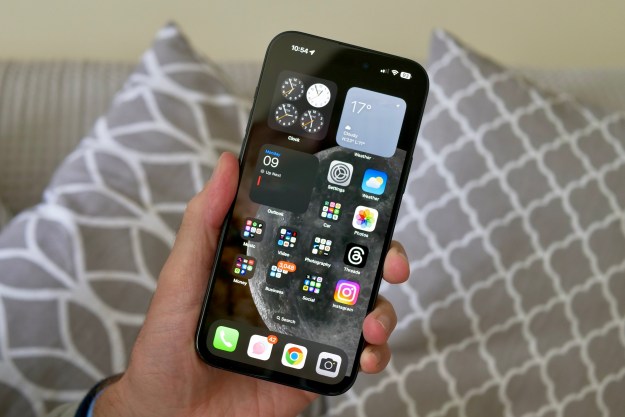
The man behind Firefox says we should be on the lookout for a mobile browser that will provide an “entirely different experience” from Web navigation on a desktop. At the All Things D: Dive Into Mobile conference in New York today, Mozilla CEO Gary Kovacs said, “We haven’t done a great job [on mobile browsing]. I’m expecting someone will do a Apple on the whole browsing experience.”
Mozilla announced its Firefox OS, based on its Firefox browser a couple months ago, which aims to better merge the Web and mobile app world, but it’s unknown if its vision will take off. Phones that will run the Firefox OS software will launch in the U.S. in 2014. Brazil, Poland, Portugal, Venezuela, and other territories will see them a little earlier, in mid-late 2013.
Kovacs also spoke about the Firefox browser, and why it’s not available on the iPhone. “iOS has a policy where you have to use their Web engine. Our Web engine is very different,” he explained.
Finally, he went on to announce his imminent retirement as CEO of Mozilla. “I learned in college that you don’t want to stay at a party too long. It’s time for me to move on to other things.”
Editors' Recommendations
- An Apple insider just revealed how iOS 18’s AI features will work
- Here’s how Apple could change your iPhone forever
- 10 iPhone productivity apps you need to download right now
- This one thing could make iOS 18 the best iPhone update in years
- How to add a different home screen wallpaper on iOS 17


